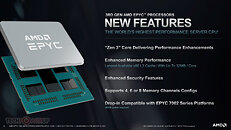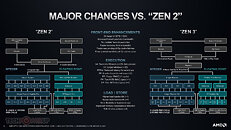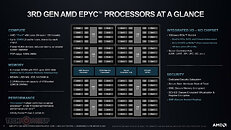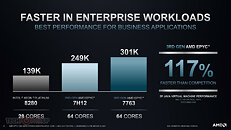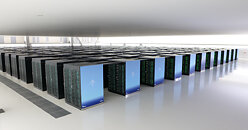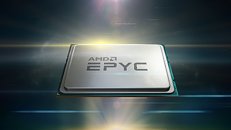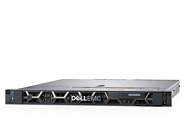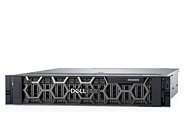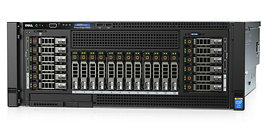
Dell Expands Generative AI Solutions Portfolio, Selects NVIDIA Blackwell GPUs
Dell Technologies is strengthening its collaboration with NVIDIA to help enterprises adopt AI technologies. By expanding the Dell Generative AI Solutions portfolio, including with the new Dell AI Factory with NVIDIA, organizations can accelerate integration of their data, AI tools and on-premises infrastructure to maximize their generative AI (GenAI) investments. "Our enterprise customers are looking for an easy way to implement AI solutions—that is exactly what Dell Technologies and NVIDIA are delivering," said Michael Dell, founder and CEO, Dell Technologies. "Through our combined efforts, organizations can seamlessly integrate data with their own use cases and streamline the development of customized GenAI models."
"AI factories are central to creating intelligence on an industrial scale," said Jensen Huang, founder and CEO, NVIDIA. "Together, NVIDIA and Dell are helping enterprises create AI factories to turn their proprietary data into powerful insights."
"AI factories are central to creating intelligence on an industrial scale," said Jensen Huang, founder and CEO, NVIDIA. "Together, NVIDIA and Dell are helping enterprises create AI factories to turn their proprietary data into powerful insights."






























